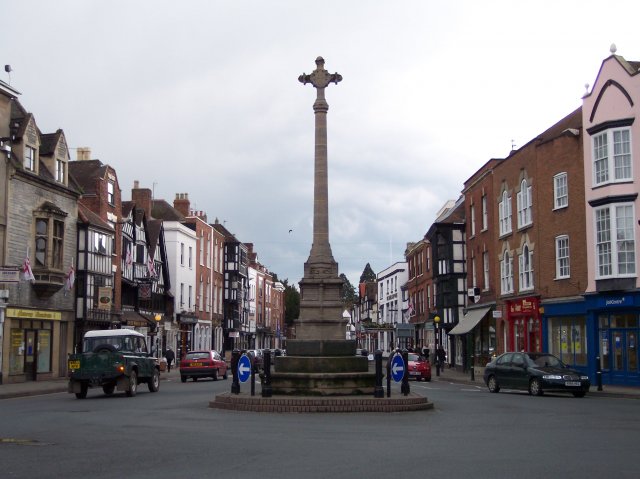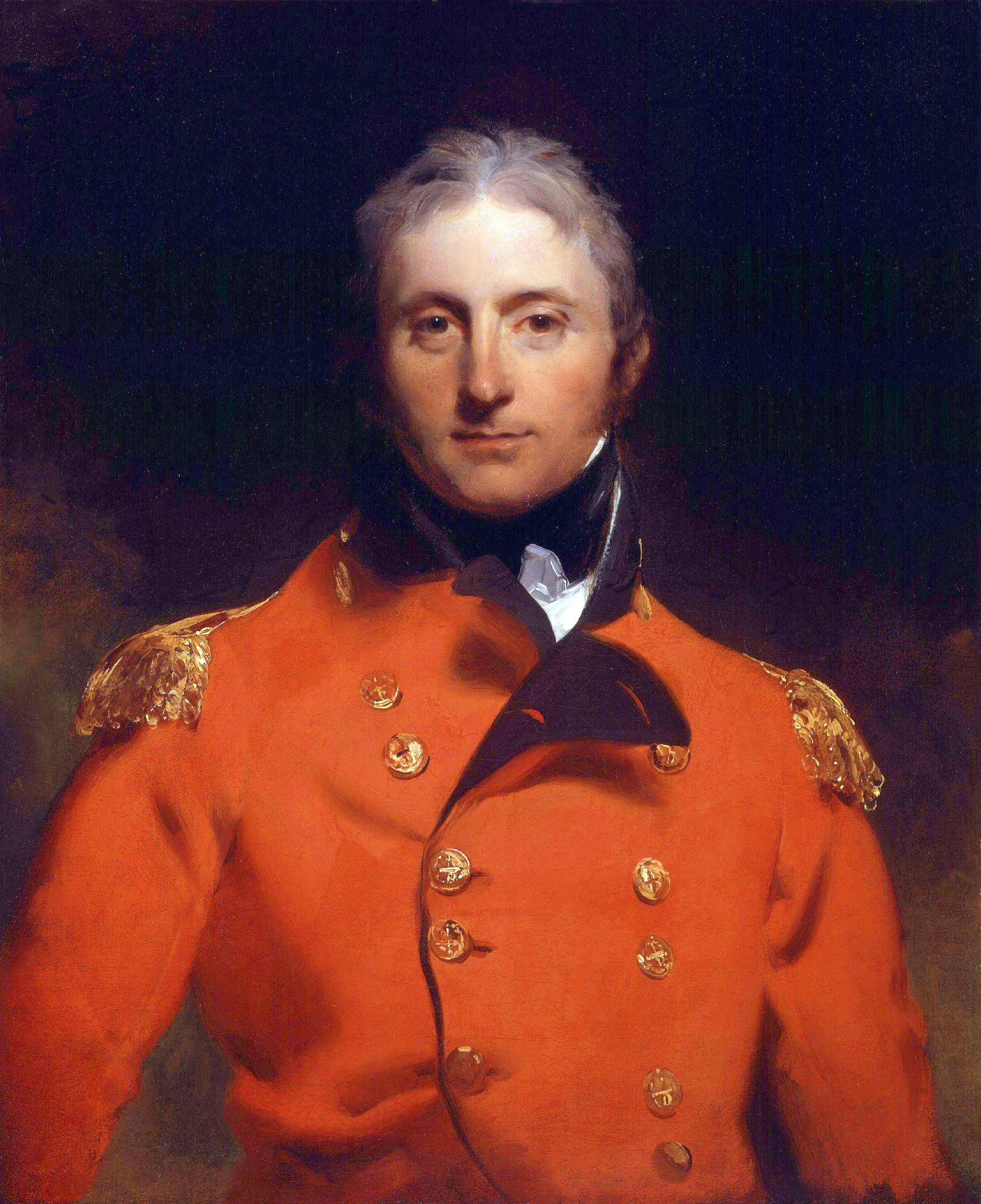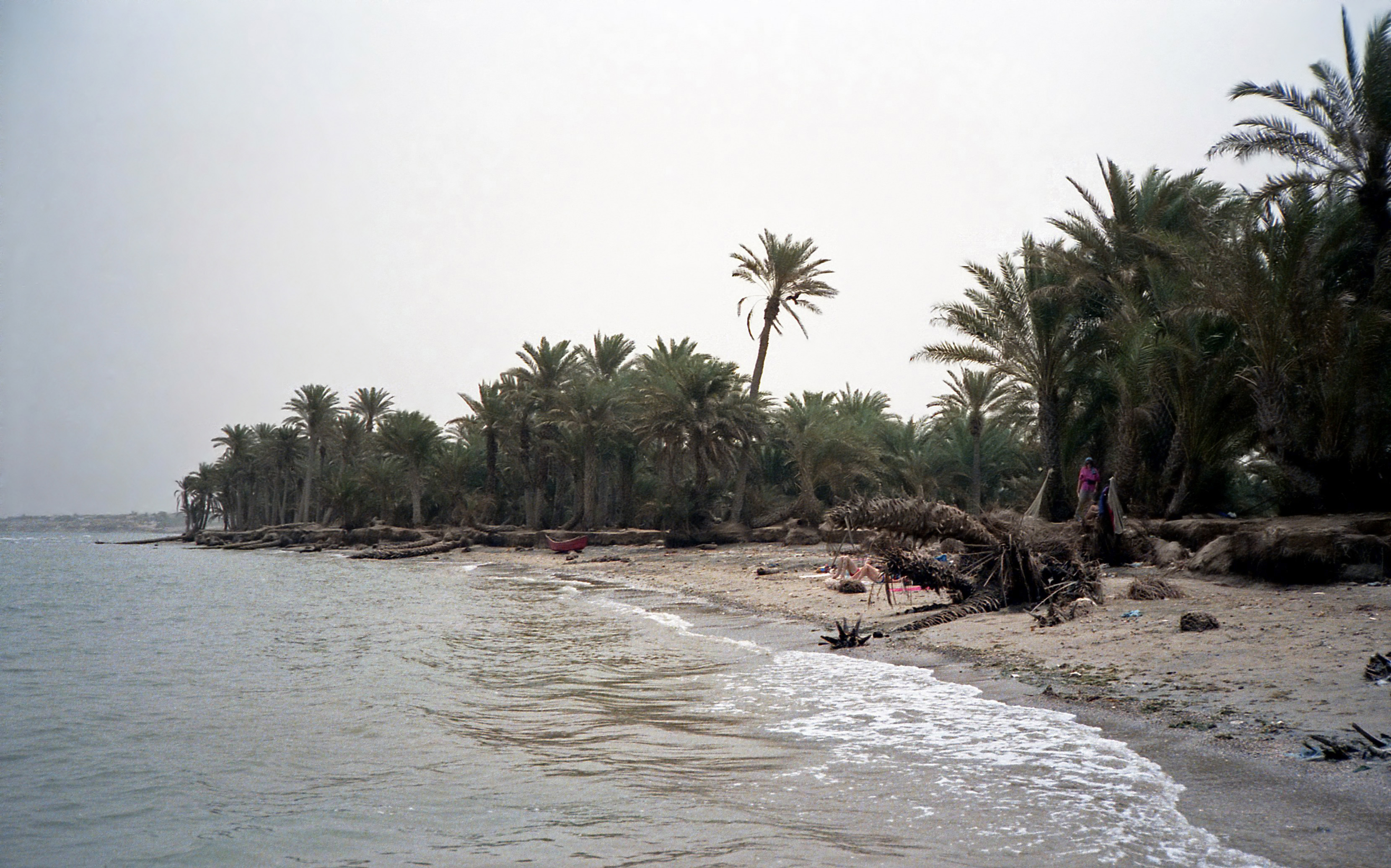|
John Surman Carden
Admiral John Surman Carden (15 August 1771 – 22 April 1858) was an officer of the British Royal Navy in the early nineteenth century. Although the majority of his service was against the French during the Napoleonic Wars, he is best remembered for the action of 25 October 1812, an engagement against a larger American frigate during the War of 1812 in which his ship was captured. Carden was criticised for the loss of his ship, specifically his handling of the vessel during the action. Following his defeat in October 1812 he never served again in an active capacity, but he remained in the Navy and continued to gradually rise though the ranks in retirement, eventually becoming a full admiral before his death in 1858. Life Carden was born in 1771, the son of Army officer Major Carden of Tredington Court in Tewkesbury. Carden spent his childhood at home, his mother refusing to allow him to become a pageboy in the household of Queen Charlotte and also resisted orders to enlist hi ... [...More Info...] [...Related Items...] OR: [Wikipedia] [Google] [Baidu] |
Tewkesbury
Tewkesbury ( ) is a medieval market town and civil parish in the north of Gloucestershire, England. The town has significant history in the Wars of the Roses and grew since the building of Tewkesbury Abbey. It stands at the confluence of the River Severn and the River Avon, and thus became an important trading point, which continued as railways and later M5 and M50 motorway connections were established. The town gives its name to the Borough of Tewkesbury, due to the earlier governance by the Abbey, yet the town is the second largest settlement in the Borough. The town lies on border with Worcestershire, identified largely by the Carrant Brook (a tributary of the River Avon). The name Tewkesbury is thought to come from Theoc, the name of a Saxon who founded a hermitage there in the 7th century, and in the Old English language was called '. Toulmin Smith L., ed. 1909, ''The Itinerary of John Leland'', London, IV, 150 An erroneous derivation from Theotokos (the Greek title of Ma ... [...More Info...] [...Related Items...] OR: [Wikipedia] [Google] [Baidu] |
Isaac Smith (Royal Navy Officer)
Isaac Smith (1752–1831) was a Rear Admiral in the Royal Navy and cousin of Elizabeth Cook (née Batts) wife of Captain James Cook, with whom he sailed on two voyages of exploration in the South Pacific. Smith was the first European to set foot in eastern Australia and the first to prepare survey maps of various Pacific islands and coastlines including Tierra del Fuego in South America. Early life Smith was born in London in 1752, the eldest of seven children of Charles and Hannah Smith and cousin to James Cook's wife Elizabeth. He enlisted for naval service in 1767 at the age of thirteen, using his family connections to secure an immediate ranking of able seaman and a position aboard under Cook's command, for a survey voyage off the west coast of Newfoundland. On 27 May 1768, and still ranked able seaman, he transferred to his second vessel, Cook's , at Deptford ahead of its expedition to the Pacific to observe the 1769 Transit of Venus and then to search the south Pacific f ... [...More Info...] [...Related Items...] OR: [Wikipedia] [Google] [Baidu] |
Court Martial
A court-martial or court martial (plural ''courts-martial'' or ''courts martial'', as "martial" is a postpositive adjective) is a military court or a trial conducted in such a court. A court-martial is empowered to determine the guilt of members of the armed forces subject to military law, and, if the defendant is found guilty, to decide upon punishment. In addition, courts-martial may be used to try prisoners of war for war crimes. The Geneva Conventions require that POWs who are on trial for war crimes be subject to the same procedures as would be the holding military's own forces. Finally, courts-martial can be convened for other purposes, such as dealing with violations of martial law, and can involve civilian defendants. Most navies have a standard court-martial which convenes whenever a ship is lost; this does not presume that the captain is suspected of wrongdoing, but merely that the circumstances surrounding the loss of the ship be made part of the official record. ... [...More Info...] [...Related Items...] OR: [Wikipedia] [Google] [Baidu] |
Battle Of Corunna
The Battle of Corunna (or ''A Coruña'', ''La Corunna'', ''La Coruña'' or ''La Corogne''), in Spain known as Battle of Elviña, took place on 16 January 1809, when a French corps under Marshal of the Empire Jean de Dieu Soult attacked a British army under Lieutenant-General Sir John Moore. The battle took place amidst the Peninsular War, which was a part of the wider Napoleonic Wars. It was a result of a French campaign, led by Napoleon, which had defeated the Spanish armies and caused the British army to withdraw to the coast following an unsuccessful attempt by Moore to attack Soult's corps and divert the French army. Doggedly pursued by the French under Soult, the British made a retreat across northern Spain while their rearguard fought off repeated French attacks. Both armies suffered extremely from the harsh winter conditions. Much of the British army, excluding the elite Light Brigade under Robert Craufurd, suffered from a loss of order and discipline during the retrea ... [...More Info...] [...Related Items...] OR: [Wikipedia] [Google] [Baidu] |
Post Captain
Post-captain is an obsolete alternative form of the rank of Captain (Royal Navy), captain in the Royal Navy. The term served to distinguish those who were captains by rank from: * Officers in command of a naval vessel, who were (and still are) addressed as captain regardless of rank; * Commander (Royal Navy), Commanders, who received the title of captain as a courtesy, whether they currently had a command or not (e.g. the fictional Captain Jack Aubrey in ''Aubrey-Maturin series#Master and Commander, Master and Commander'' or the fictional Captain Horatio Hornblower in ''Hornblower and the Hotspur''); this custom is now defunct. In the Royal Navy of the 18th and 19th centuries, an officer might be promoted from commander to captain, but not have a command. Until the officer obtained a command, he was "on the beach" and on half-pay. An officer "took post" or was "made post" when he was first commissioned to command a vessel. Usually this was a rating system of the Royal Navy, ra ... [...More Info...] [...Related Items...] OR: [Wikipedia] [Google] [Baidu] |
Firth Of Forth
The Firth of Forth () is the estuary, or firth, of several Scottish rivers including the River Forth. It meets the North Sea with Fife on the north coast and Lothian on the south. Name ''Firth'' is a cognate of ''fjord'', a Norse word meaning a narrow inlet. ''Forth'' stems from the name of the river; this is ''*Vo-rit-ia'' (slow running) in Proto-Celtic, yielding '' Foirthe'' in Old Gaelic and '' Gweryd'' in Welsh. It was known as ''Bodotria'' in Roman times. In the Norse sagas it was known as the ''Myrkvifiörd''. An early Welsh name is ''Merin Iodeo'', or the "Sea of Iudeu". Geography and economy Geologically, the Firth of Forth is a fjord, formed by the Forth Glacier in the last glacial period. The drainage basin for the Firth of Forth covers a wide geographic area including places as far from the shore as Ben Lomond, Cumbernauld, Harthill, Penicuik and the edges of Gleneagles Golf Course. Many towns line the shores, as well as the petrochemical complexes at Gr ... [...More Info...] [...Related Items...] OR: [Wikipedia] [Google] [Baidu] |
Peace Of Amiens
The Treaty of Amiens (french: la paix d'Amiens, ) temporarily ended hostilities between France and the United Kingdom at the end of the War of the Second Coalition. It marked the end of the French Revolutionary Wars; after a short peace it set the stage for the Napoleonic Wars. Britain gave up most of its recent conquests; France was to evacuate Naples and Egypt. Britain retained Ceylon (Sri Lanka) and Trinidad. It was signed in the city of Amiens on 25 March 1802 (4 Germinal X in the French Revolutionary calendar) by Joseph Bonaparte and Marquess Cornwallis as a "Definitive Treaty of Peace". The consequent peace lasted only one year (18 May 1803) and was the only period of general peace in Europe between 1793 and 1814. Under the treaty, Britain recognised the French Republic. Together with the Treaty of Lunéville (1801), the Treaty of Amiens marked the end of the Second Coalition, which had waged war against Revolutionary France since 1798. National goals Great Britain ... [...More Info...] [...Related Items...] OR: [Wikipedia] [Google] [Baidu] |
Red Sea
The Red Sea ( ar, البحر الأحمر - بحر القلزم, translit=Modern: al-Baḥr al-ʾAḥmar, Medieval: Baḥr al-Qulzum; or ; Coptic: ⲫⲓⲟⲙ ⲛ̀ϩⲁϩ ''Phiom Enhah'' or ⲫⲓⲟⲙ ⲛ̀ϣⲁⲣⲓ ''Phiom ǹšari''; Tigrinya: ቀይሕ ባሕሪ ''Qeyih Bahri''; ) is a seawater inlet of the Indian Ocean, lying between Africa and Asia. Its connection to the ocean is in the south, through the Bab el Mandeb strait and the Gulf of Aden. To its north lie the Sinai Peninsula, the Gulf of Aqaba, and the Gulf of Suez (leading to the Suez Canal). It is underlain by the Red Sea Rift, which is part of the Great Rift Valley. The Red Sea has a surface area of roughly 438,000 km2 (169,100 mi2), is about 2250 km (1398 mi) long, and — at its widest point — 355 km (220.6 mi) wide. It has an average depth of 490 m (1,608 ft), and in the central ''Suakin Trough'' it reaches its maximum depth of . The Red Sea also has exten ... [...More Info...] [...Related Items...] OR: [Wikipedia] [Google] [Baidu] |
Vendée
Vendée (; br, Vande) is a department in the Pays de la Loire region in Western France, on the Atlantic coast. In 2019, it had a population of 685,442.Populations légales 2019: 85 Vendée INSEE Its prefecture is . History The area today called the Vendée was originally known as the ''Bas-Poitou'' and is part of the former province of . In the southeast corner, the village of |
Brest, France
Brest (; ) is a port city in the Finistère department, Brittany. Located in a sheltered bay not far from the western tip of the peninsula, and the western extremity of metropolitan France, Brest is an important harbour and the second French military port after Toulon. The city is located on the western edge of continental France. With 142,722 inhabitants in a 2007 census, Brest forms Western Brittany's largest metropolitan area (with a population of 300,300 in total), ranking third behind only Nantes and Rennes in the whole of historic Brittany, and the 19th most populous city in France; moreover, Brest provides services to the one million inhabitants of Western Brittany. Although Brest is by far the largest city in Finistère, the ''préfecture'' (regional capital) of the department is the much smaller Quimper. During the Middle Ages, the history of Brest was the history of its castle. Then Richelieu made it a military harbour in 1631. Brest grew around its arsenal unti ... [...More Info...] [...Related Items...] OR: [Wikipedia] [Google] [Baidu] |
Thomas Byam Martin
Admiral of the Fleet Sir Thomas Byam Martin, (25 July 1773 – 25 October 1854) was a Royal Navy officer. As captain of fifth-rate HMS ''Fisgard'' he took part in a duel with the French ship ''Immortalité'' and captured her at the Battle of Tory Island during the French Revolutionary Wars. Then while in command of the third-rate HMS ''Implacable'' in the Baltic Sea and attached to the Swedish Navy he took part in the capture the Russian ship ''Sewolod'' (''Vsevolod'') during the Napoleonic Wars. During his many years of service as Comptroller of the Navy, Martin was credited with reducing the fleet from the enormous size deployed against the French to a much more streamlined service geared toward protecting merchant trade and the British Empire. He also focused heavily on employing highly trained dockyard staff capable of responding rapidly to any international emergency. Martin also sat in Parliament for 14 years and was an outspoken critic of government attempts to ... [...More Info...] [...Related Items...] OR: [Wikipedia] [Google] [Baidu] |
James Richard Dacres (1749–1810)
James Richard Dacres (February 1749 – 6 January 1810) was an officer of the Royal Navy who saw service during the Seven Years' War, the American War of Independence and the French Revolutionary and Napoleonic Wars. He eventually rose to the rank of Vice-Admiral. Family and early life Dacres was born in Gibraltar in February 1749, the eldest son of the secretary of the garrison Richard Dacres, and his wife Mary Dacres, née Bateman. He had a younger brother, Richard Dacres, who also embarked on a naval career. James Richard entered the navy in February 1762, joining the 28-gun frigate , which was then under the command of Captain Herbert Sawyer. Shortly afterwards, on 21 May that year, the ''Active'' in company with captured the Spanish register ship ''Hermione''. The ''Hermione'' had been bound from Lima carrying a cargo of gold coin, gold, silver and tin ingots, and cocoa and when captured became the richest prize taken during the war. The ''Active''s share of the prize ... [...More Info...] [...Related Items...] OR: [Wikipedia] [Google] [Baidu] |



.jpg)


